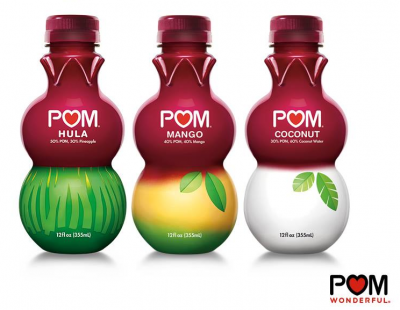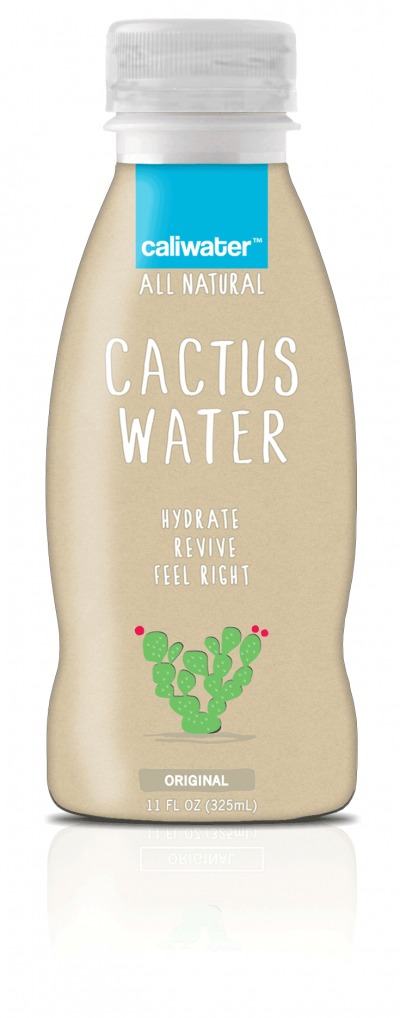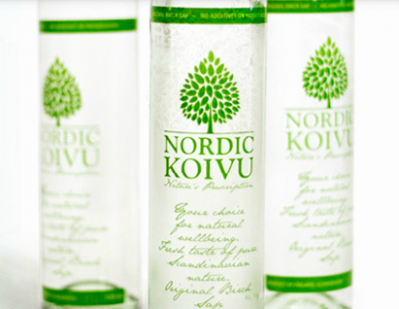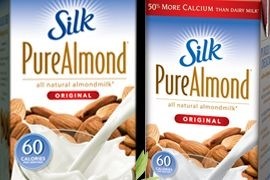Low quality aloe vera beverage brands threaten UK market, distributor warns
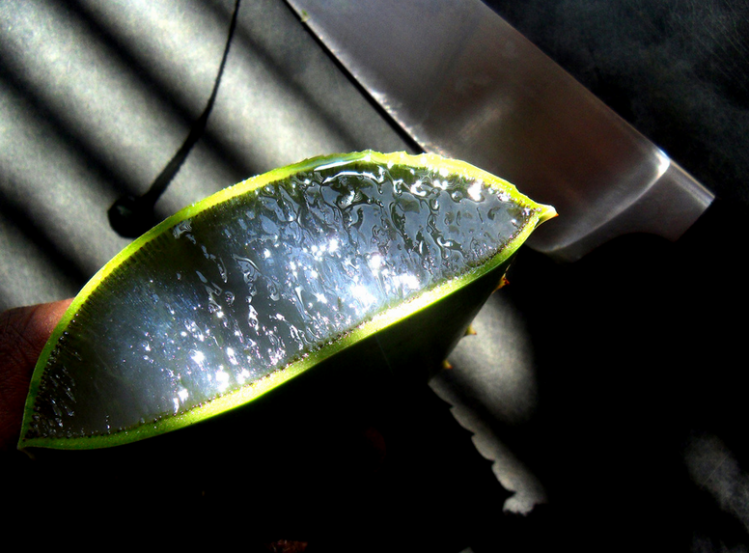
Gareth Williams, director of GPW Global Distributors, says the success of Aloe Vera drinks in the UK is a “storm waiting to happen” but admits he’s struggling to gain listings for the brand he distributes, Aloe Drink For Life, and claims that inferior Chinese-made rivals are winning shelf space at a lower price point.
“The aloe vera category has become so saturated with junk – Green Beverages’ Aloe Drink For Life [see image below] is a premium aloe vera drink. But explaining that to store owners and wholesalers here is difficult – they don’t care,” Williams told BeverageDaily.com.
“Drinks made very cheaply, with artificial ingredients are ruining the category,” William said, namechecking three brands on UK sale that he said were all manufactured by the same producer at a low cost in China.
“The difference between us and this brand is that it has a lot of food coloring, the pulp they put in is just jelly, not even from the aloe vera plant,” Williams said.
He claims his brand Aloe Drink For Life – made in Thailand with 100% natural aloe vera pulp – is massive in France, where the brand is sold in 1,142 outlets, which includes listings in high-end retailer Monoprix.
“But store owners here would rather have a drink they can purchase at cost for 45p [$0.75] and retail for £1.25 than have a more premium drink. They could still get the same sell for 10p more – but try telling them that,” Williams added.
“Why should we lower our cost price when we’re putting more time and effort in to make it a premium quality beverage?” he said.
Aloe vera drinks: Moving out of the medicine cabinet…
In August 2013 Mintel global food science analyst Stephanie Pauk said that aloe vera drinks were moving out of the medicine cabinet and into the mainstream – following a trend towards ‘progressive’ Asian food and drinks catching on in Europe.
While aloe vera is naturally high in sugar, Williams enthuses about its health benefits. Pauk cites speculation about aloe’s digestive, immune, beauty and detoxifying effects – the plant has over 75 active compounds, and traditionally the juice has been used to treat burns and even psoriasis.
Mintel recorded 10 food and drink launches with aloe vera ingredients, 17 in in 2010, 22 in 2011, 29 in 2012 and 22 in 2013 – 83% of these were beverage launches.
Of these 2013 launches, 42% were in Asia Pacific, 36% in Europe, 10% in Latin America, 4% in North America and 8% in Middle East & Asia.
‘Unique texture means brands should consider non-pulp options’ – Mintel analyst
Pauk warned that the vegetal flavor and chunky texture of aloe vera drinks may deter some, and suggested that brands blend aloe vera ingredients with fruit juices to accustom people to aloe-based beverages.
“However, due to aloe’s unique texture, non-pulp options should also be considered. Even with the iconic orange juice, only 34% of US orange juice consumers buy orange juice with pulp,” Pauk said.
“But consumers who enjoy niche products known for their unique texture, such as bubble tea, may also find the aloe piece in aloe vera beverages enjoyable,” she added.
Pauk said concerns over levels of aloin in aloe vera drinks also needed to be addressed; a National Institute of Health (NIH) study found that aloe vera was a carcinogen in the large intestine of rats – but was criticized as rodent exposure of 6,300ppm per day over two years was extremely high.
“The International Aloe Science Council (IASC) rebutted that the NIH study did not use aloe vera ingredient that is reflective of products available on the market,” Pauk wrote.
In August of last year the IASC issues a statement insisting that aloe vera products manufactured to IASC standards were safe, since juice was purified via decolorization or filtration through charcoal to remove aloin, a toxic compound found in aloe latex that has a powerful laxative effect.
